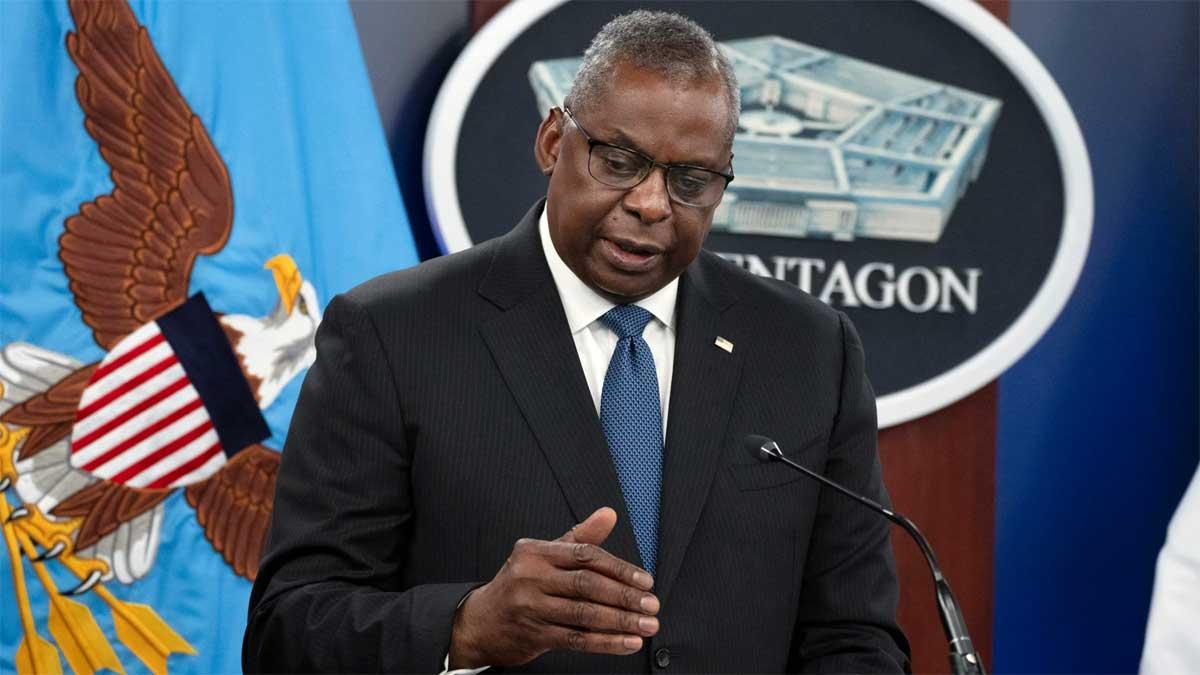In a significant diplomatic move, US Defence Secretary Lloyd Austin engaged in a pivotal conversation with his Chinese counterpart, Admiral Dong Jun, marking their first dialogue since November 2022. The discussion encompassed pivotal aspects of bilateral relations and underscored the imperative of fostering transparent military communication channels, particularly in light of Beijing's assertive maneuvers across the Indo-Pacific region.
Conducted via video conference, this interaction not only signified Austin's inaugural communication with Admiral Dong Jun, who assumed office in December the previous year but also marked a substantial dialogue between the Defence Secretary and his Chinese counterpart since the ASEAN Defence Ministers Meeting-Plus in Cambodia.
Pentagon Press Secretary Pa Ryder highlighted Austin's emphasis on sustaining open military communication lines between the US and the People's Republic of China (PRC), following the 17th US-PRC Defence Policy Coordination Talks (DPCTs) in January 2024 and subsequent working-level Military Maritime Consultative Agreement (MMCA) discussions in early April 2024.
Moreover, Austin reiterated the commitment made by Presidents Joe Biden and Xi Jinping in November 2023 to resume telephone dialogues between theatre commanders, emphasizing the US stance on exercising navigational freedoms responsibly within the confines of international law.
During the conversation, Austin accentuated the significance of upholding the freedom of navigation in the high seas as mandated by international law, particularly in the South China Sea, where Chinese military assertiveness has sparked global concerns.
Furthermore, Ryder noted Austin's discussion concerning Russia's aggression towards Ukraine and expressed apprehensions regarding recent provocations from the Democratic People's Republic of Korea (DPRK).
Reaffirming the United States' adherence to its longstanding one-China policy, Austin underscored the importance of peace and stability across the Taiwan Strait, guided by key frameworks such as the Taiwan Relations Act, the Three US-China Joint Communiques, and the Six Assurances.
This dialogue follows President Biden's meeting with Chinese President Xi on November 15, as well as a video teleconference between Chairman of the Joint Chiefs of Staff Gen. CQ Brown Jr. and his People's Liberation Army counterpart on December 21, 2023. Both leaders expressed commitment to maintaining open communication channels and managing the bilateral relationship through high-level diplomacy and working-level consultations in the forthcoming period, as stated in a White House statement following their meeting.
Read also | Israel Seeks Temporary Truce in Gaza: Insights from Hamas Official
Read also | President Biden Affirms Strong US Support for Israel's Security


















